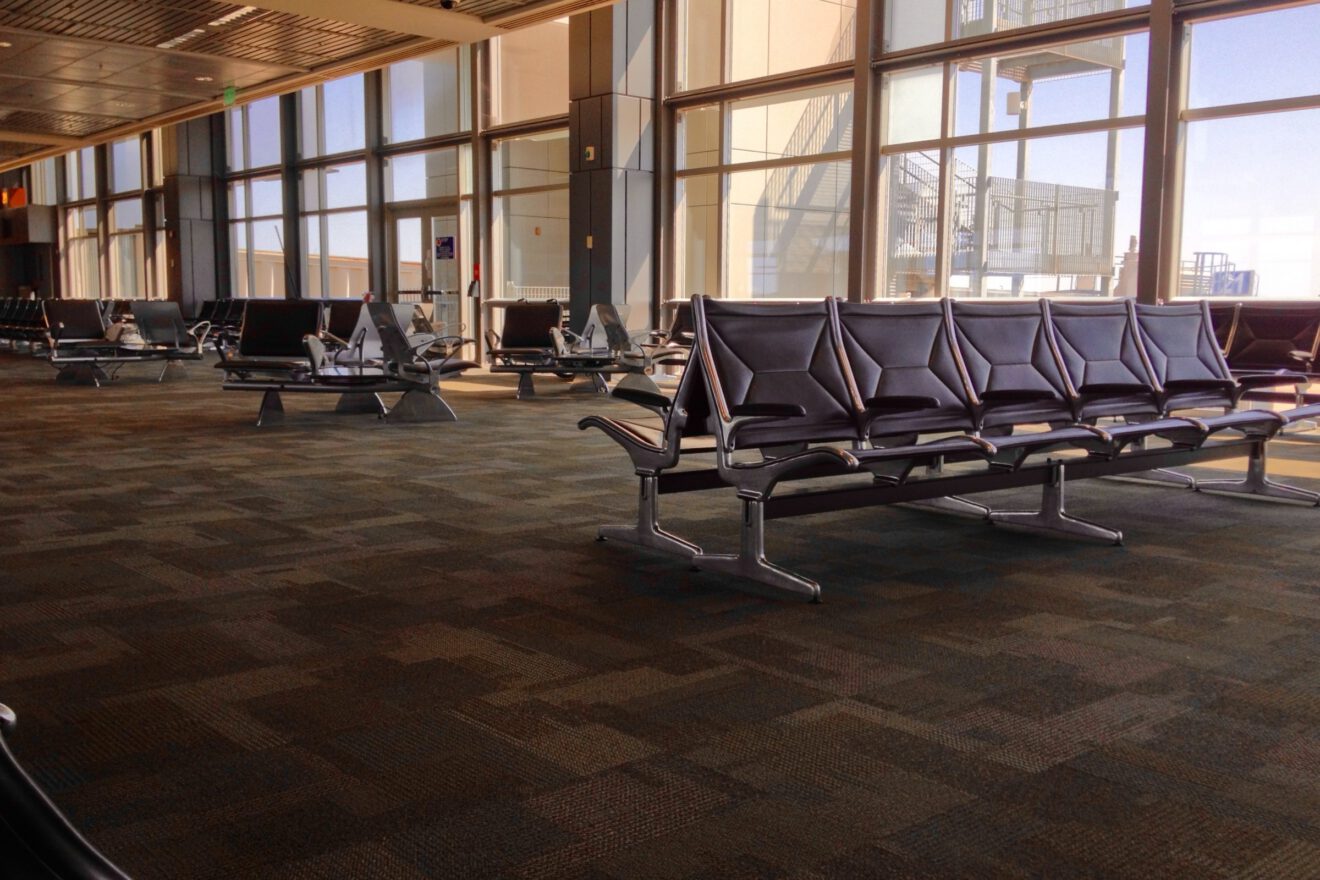Airlines, hotels, and casinos are grappling with uncertain times. Due to the rapid spread of the coronavirus, the travel business is doing what it can to adjust to the situation. With restrictions on travel, self-quarantine mandates, the travel industry is responding to one of the greatest threats their industry has ever faced.
Airlines gear up
The unfolding pandemic has hit the aviation and travel sectors hard, putting pressure on corporate leaders to make rapid adjustments after years of growth and prosperity. Airlines are working hard to protect jobs, and CEOs from several major airlines have pledged to keep workers on the payroll with the support of the government, as well as to freeze stock buybacks, dividends and limit pay for top executives.
“There is no question this is a severe recession for our industry and for us, and it’s a financial crisis,” said Gary Kelly, CEO of Southwest Airlines, who will voluntarily take a 10% pay cut. United Airlines CEO Oscar Munoz and President Scott Kirby have agreed to stop taking a salary until this summer.
And airlines are taking steps to protect the people who still need to fly. Passengers are being reseated in adherence to social distancing guidelines. Crews have upped their efforts to thoroughly clean all parts of the aircraft as well as kiosks, often deploying new technology to ensure planes are fully disinfected.
“There has never before been a higher focus on the cleanliness of our aircraft, and we are making sweeping changes across the board to keep our planes cleaner than ever,” said Ryan Green, Southwest Airlines’ senior vice president and chief marketing officer.
The editorial board at Aviation Week cites past crises as a reminder that the industry is resilient and “has survived many big challenges: oil price spikes; the Sept. 11, 2001, terrorist attacks; the Severe Acute Respiratory Syndrome; and the 2008-09 global financial meltdown.” Commercial aviation has come back strong after each challenge — and it will again.
Casinos give back
MGM Resorts International closed all of its properties and is donating food to local communities. So far, MGM has donated the equivalent of 400,000 meals. The company is working with local food banks to ensure all available fresh food from its resorts is safely and quickly donated to charitable organizations in several underserved areas.
“As we confront extraordinary events and an unprecedented global pandemic crisis, we know that this is an extremely challenging and uncertain time for many of our employees, their families, friends and neighbors and we are committed to help those in need,” said Bill Hornbuckle, acting CEO and president of MGM Resorts International.
Hotels in Atlantic City are doing the same. In less than 24 hours after casinos closed, all nine casinos began donating their fresh and packaged food to food banks, community centers and social service agencies.
“This is who Atlantic City is,” Major Marty Small Jr. told The Press of Atlantic City. “We’re a supportive community, we’re a resilient community. We come together in a time of crisis.”
Casinos in California and Rhode Island are donating their food, as well.
Hotels are turning empty rooms around
The hospitality and travel industries have been hit hard by the coronavirus outbreak as countries close their borders and advise their citizens to stay home. But that doesn’t mean they’re not doing their part to help out in the crisis — hotels around the world are serving as hospitals, homeless shelters and quarantine zones for health workers. Volunteers from the hotel and tourism industry in India are even protecting stranded tourists being targeted as virus carriers and helping them get safely home.
Marriott International, the world’s largest hotel company, said tens of thousands of hotel workers will be furloughed, and will lay off a number of those workers. To help combat the storm, CEO Arne Sorenson is declining the rest of his salary for the year and the executive team will be taking a 50% cut in pay, in an attempt to support Marriot and its employees.
“In terms of our business, COVID-19 is like nothing we’ve ever seen before,” Sorenson said. “For a company that’s 92 years old, that’s borne witness to the Great Depression, World War II and many other economic and global crises, that’s saying something.”
Related stories:
- How hotel restaurants transform into a winter wonderland
- How airlines, hotels are expanding business travel programs
- Airport lounges step up their game to serve millennials, solo travelers
- How travel companies are becoming friendlier to the environment
- Hotels, tour operators get adventurous with experiential travel
__________________________________________________
If you enjoyed this article, sign up for ILHA SmartBrief, ISPA Smartbrief or SmartBrief for the Travel Professional to get news like this in your inbox, or check out all of SmartBrief’s food and travel newsletters as we offer more than 30 newsletters covering the food and travel industries from restaurants, food retail and food manufacturing to business travel, the airline and hotel industries and gaming.
